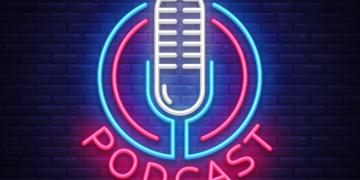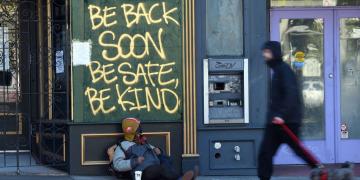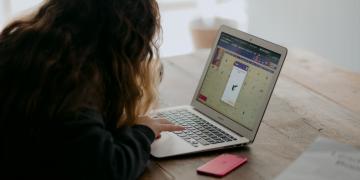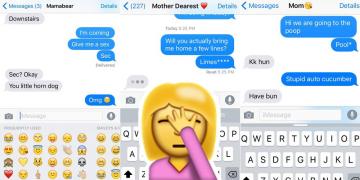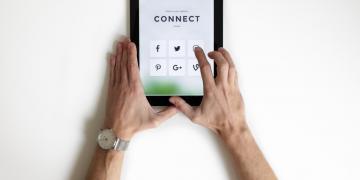Digital literacy
This article is written as part of one of the courses of the BA Online Culture: Art, Media and Society or the MA Online Culture at Tilburg University. Click on the link for more info on the courses and the programme.
In this international Bachelor’s program Online Culture: Art, Media and Society (Culture Studies) the focus is on digital culture and (new) media. From disciplines such as cultural studies and media studies you study how digitalization and globalization influence our way of living. You discuss new ways of communication, art expressions as well as (social) media expressions like memes and trolls. You research how such ways of communication and expressions are established and how they manifest in, and have influence on a society that increasingly takes place online. Additionally, you actively contribute to digital culture by writing papers and opinion pieces for our own online platform Diggit Magazine.
